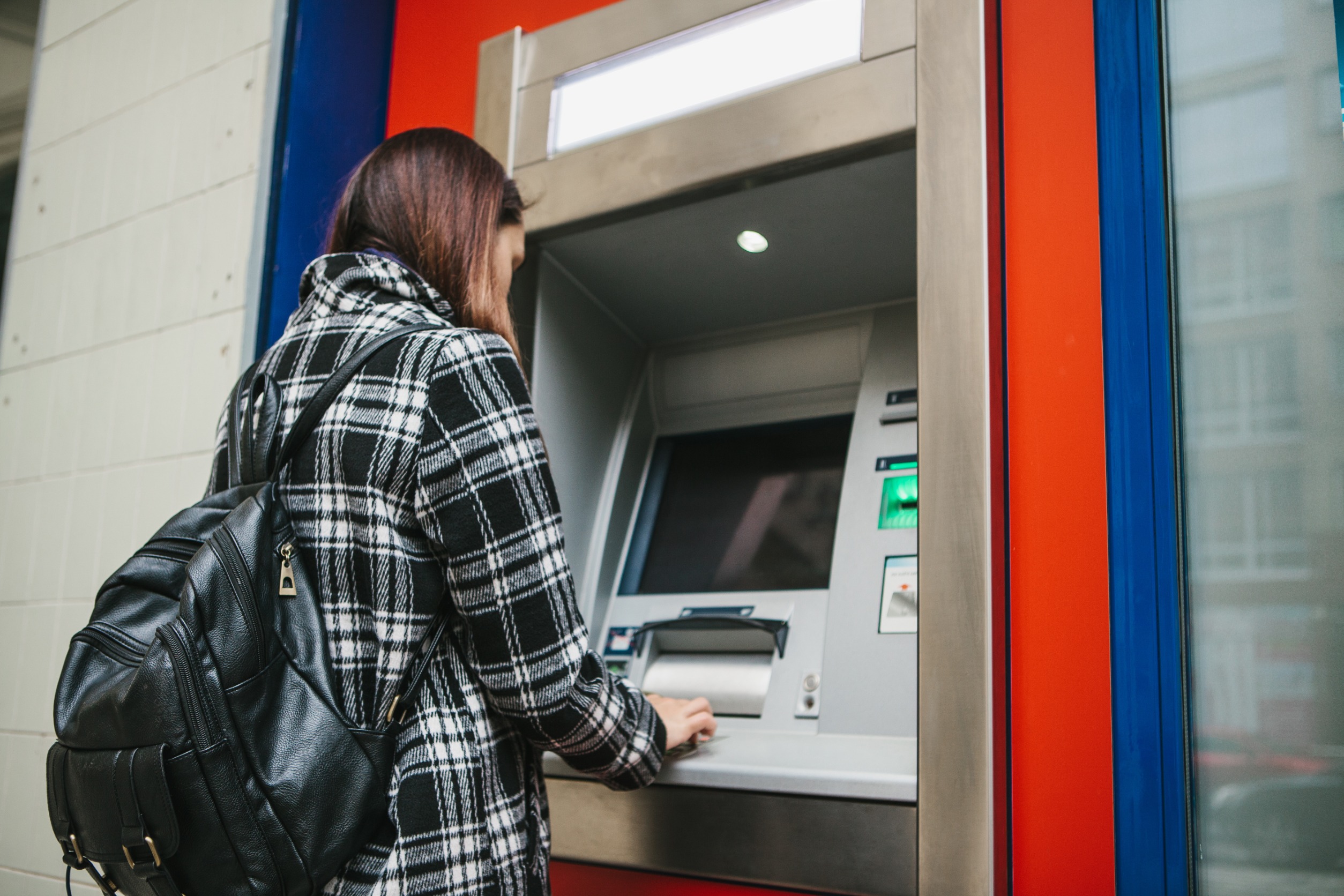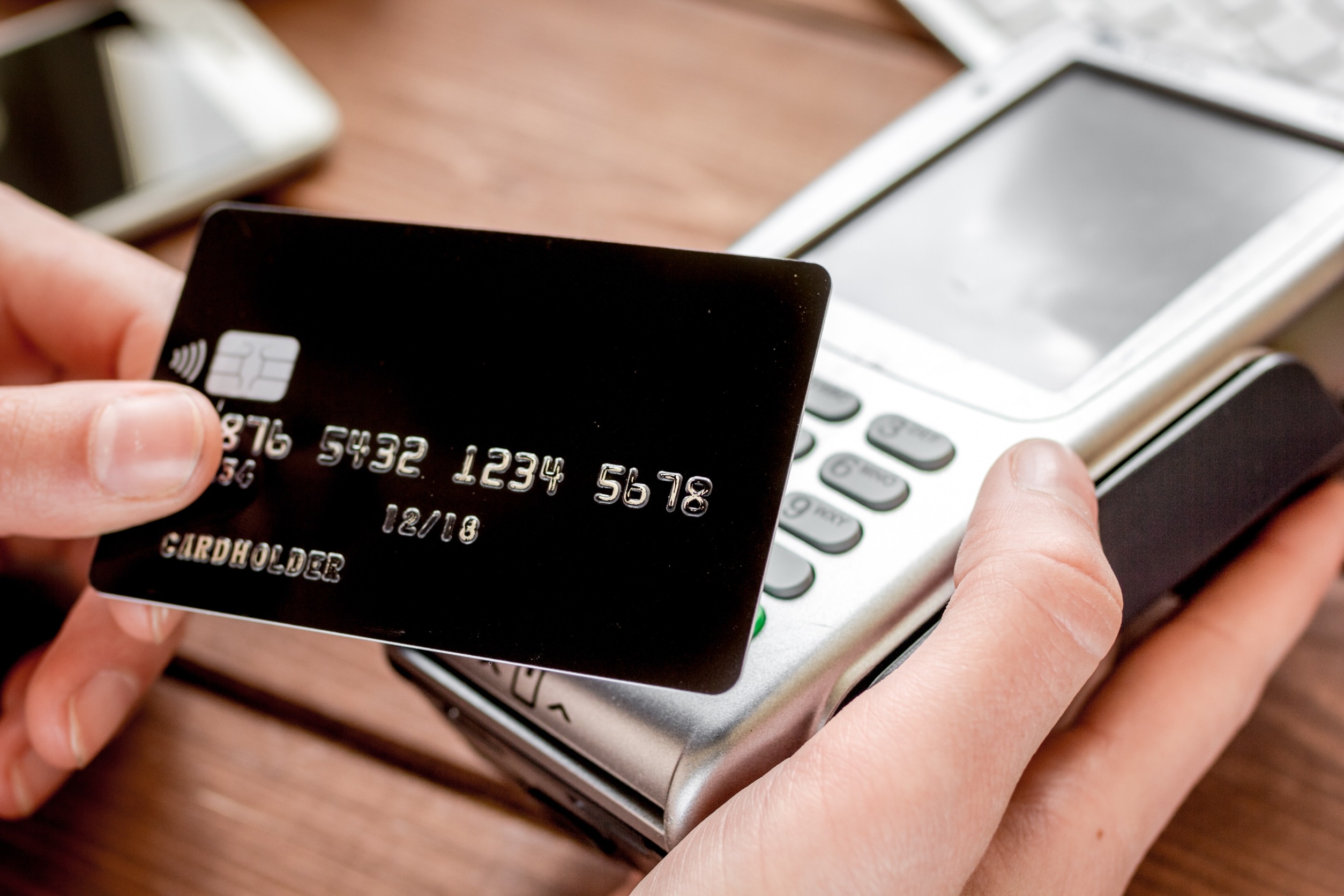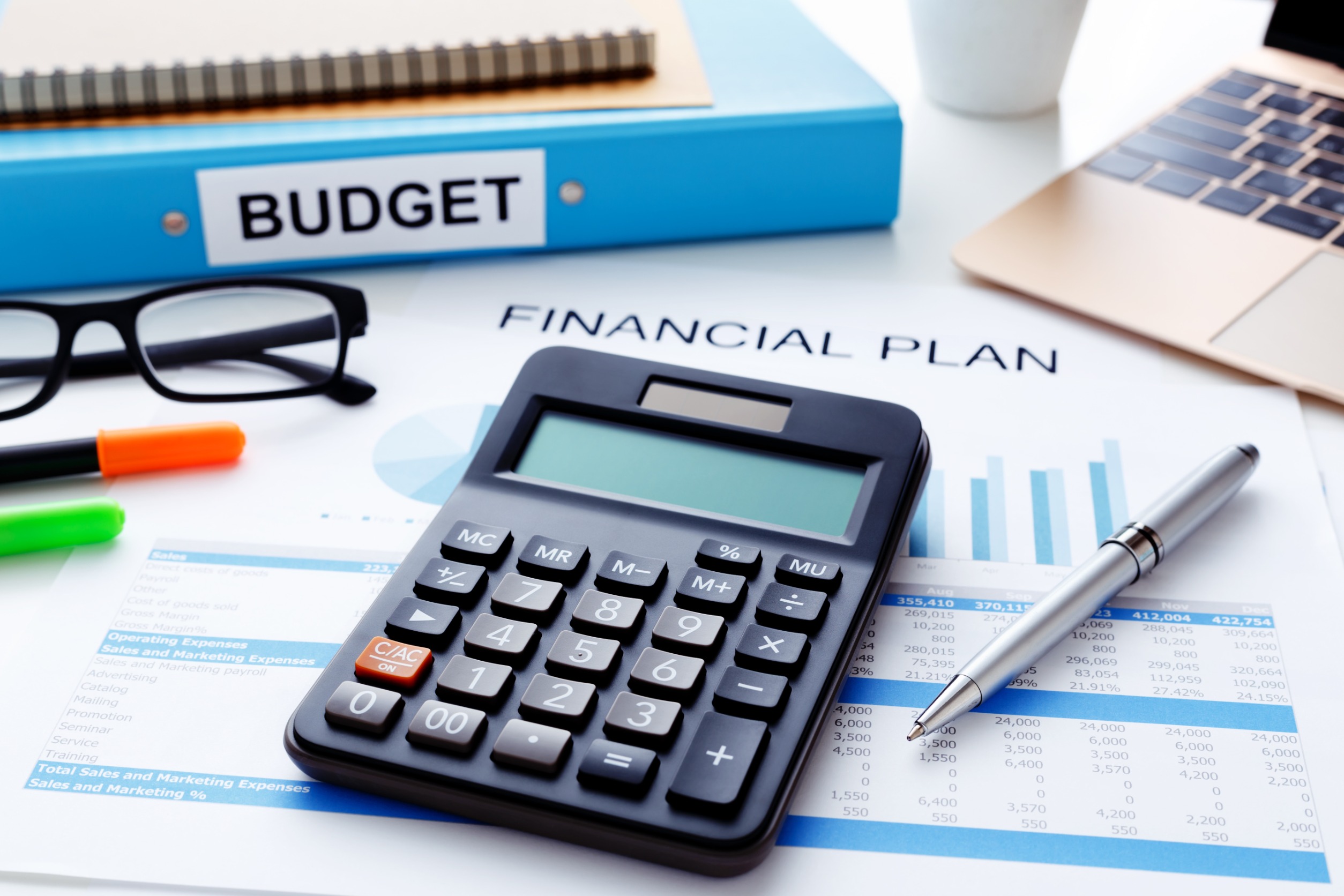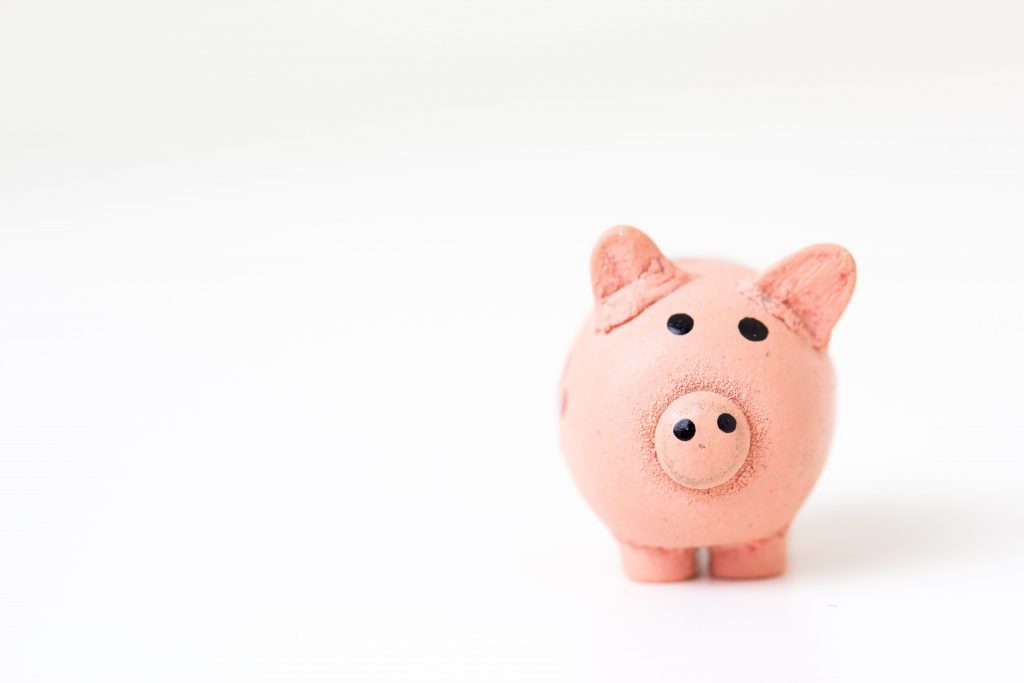Your financial health isn’t just determined by major decisions like investments or big purchases—it’s often influenced by the everyday habits you might not even think twice about. From your morning routine to how you unwind at night, here are 15 surprising ways your daily habits can impact your finances.
1. Morning Coffee Run
Your daily coffee run might seem like a harmless indulgence, but those small expenses can add up quickly. Spending $5 on a latte every day translates to $1,825 a year—money that could be put towards savings or investments. Consider brewing your coffee at home or investing in a quality coffee maker to save hundreds of dollars annually. By cutting back on this daily habit, you’ll not only save money but also start your day with a financial boost.
2. Skipping Breakfast
Missing the most important meal of the day can lead to impulsive spending on snacks later. Investing in a nutritious breakfast can boost your energy and save you money in the long run. Especially if you are commuting to work, grabbing an on-the-go breakfast from home, like a breakfast bar, can save you a good amount of money. In sum, skip the Dunkin Donuts run to cut back on your spending.
3. Online Shopping Binges
Those late-night scrolling sessions can lead to unnecessary purchases. Consider implementing a waiting period before hitting “checkout” to curb impulse buys. Shopping when you’re tired or bored can lead to impulse buys. Avoid online shopping late at night and save your purchases for when you’re more alert and focused.
4. Unplanned Grocery Trips
Shopping without a list can result in buying items you don’t need. Plan your meals for the week and stick to a shopping list to avoid overspending at the grocery store. Also, don’t grocery shop when you’re hungry. Everything looks good when you’re starving and can seriously alter your grocery shopping list.
5. Unused Subscriptions
Unused subscriptions often fly under the radar, silently draining your bank account month after month. Whether it’s a streaming service you signed up for but rarely use or a gym membership that collects dust, these subscriptions can add up to significant expenses over time. Take the time to review your subscriptions regularly and cancel any that you don’t actively utilize. By freeing up this extra cash, you can redirect it towards more meaningful expenses or savings goals.
6. Eating Out Frequently
Frequent dining out may provide convenience, but it often comes at a hefty price. The cost of restaurant meals, beverages, and tips can quickly escalate, putting a strain on your budget. By opting to cook at home more often, not only can you save money, but you also gain control over ingredients and portion sizes, leading to potentially healthier eating habits. Planning meals ahead of time and enjoying home-cooked dishes can not only benefit your wallet but also your overall well-being.
7. Ignoring Energy Efficiency
Ignoring energy efficiency practices at home can lead to inflated utility bills month after month. Leaving lights on, keeping electronics plugged in, and neglecting to adjust thermostat settings can all contribute to unnecessary energy consumption. By developing simple habits such as turning off lights when leaving a room, unplugging electronics when not in use, and adjusting the thermostat to conserve energy, you can significantly reduce your utility costs over time. Taking proactive steps to improve energy efficiency not only saves money but also reduces your environmental footprint, making it a win-win situation.
8. Paying ATM Fees
Frequently using out-of-network ATMs can result in substantial fees that eat into your budget. These fees, often ranging from $2 to $5 per transaction, can add up quickly, especially if you make multiple withdrawals each month. Planning ahead and withdrawing cash from your bank’s ATM or opting for cashback at stores can help you avoid these unnecessary charges. Some banks also offer ATM fee reimbursement, so make sure to take advantage of this perk if offered by your bank.
9. Daily Commute Costs
Driving solo to work every day can drain your budget with gas and parking expenses. The average commuting expense per year in 2023 was $8,466. To cut down on costs, ask your employer for a hybrid work schedule, working from home on some days. If this isn’t possible, consider carpooling, biking, or using public transportation to save money on transportation.
10. Impulse Buying
Those small impulse purchases at the checkout counter can add up over time. Impulse buying is often linked to unhappiness, which motivates impulsive buying decisions. Often we believe that impulse buys will make us feel better, but that often is a fleeting feeling. Stick to your shopping list and avoid the temptation to save money and also improve your well-being.
11. Mindless Snacking
Constant snacking throughout the day can lead to overspending on convenience foods. Plan healthy snacks ahead of time to avoid impulse purchases. It may be helpful to portion out snacks or buy pre-portioned snack packs to avoid mindless snacking. This can help your whole family manage portions and ultimately save money.
12. Overusing Credit Cards
Swiping your credit card for every purchase can lead to debt accumulation due to high interest rates. Use cash or a debit card for everyday expenses to stay within your budget. If you do utilize your credit cards, make sure that you can pay off your balance at the end of the month to avoid interest fees. At the very least, make sure that you can comfortably pay the minimum balance owed to avoid unnecessary late fees.
13. Ignoring Discounts and Coupons
Failing to take advantage of discounts and coupons means missing out on potential savings. Keep an eye out for deals and promotions to stretch your dollars further. Many influencers on social media will post the best deals of the week, so you don’t have to do a lot of extra work to snag the most savings. You can also get helpful rebates on Ibotta and Fetch to help you offset the cost of groceries and everyday purchases.
14. Not Tracking Expenses
Ignoring your daily spending habits can lead to financial leaks. Keep track of your expenses using budgeting apps or spreadsheets to identify areas where you can cut back. Knowledge is power when it comes to managing your finances. Many banking apps can help you set up a budget that makes sense for your financial goals.
15. Rewarding Yourself with Little Treats
Usually, when we’re stressed it’s easy to motivate ourselves with the thought of a little reward. This could be grabbing a drink after work, buying something you’ve been eyeing on Amazon, or getting a massage. While these treats are great for your well-being, it’s important to keep your financial goals in mind. Make sure treats don’t become daily habits that you justify by saying, “I deserve this.”, or “I don’t do this often.” Ultimately, treating yourself can have a heavy financial impact at the end of the month.
Considering Your Financial Well-Being
Being mindful of your daily habits is crucial for maintaining financial well-being and achieving long-term goals. Small changes, such as brewing your coffee at home, cooking meals instead of eating out, and turning off lights when leaving a room, can have a significant impact on your budget over time. By consistently making smart choices in your daily routine, you can save money, reduce unnecessary expenses, and allocate funds toward your financial priorities. Ultimately, practicing mindfulness in your daily habits empowers you to take control of your finances and build a more secure future.
Read More
12 Things You Should Never Do at a Casino
17 Odd Rituals People Do Behind Closed Doors




































 Do you dream of becoming a stay-at-home mom but your family depends on your income? Your dream may not be impossible. It starts with a plan, a lot of self-compassion, and determination. I know from experience. Our most effective tool on our journey to a single-income family with an at-home parent started with a stay-at-home mom budget.
Do you dream of becoming a stay-at-home mom but your family depends on your income? Your dream may not be impossible. It starts with a plan, a lot of self-compassion, and determination. I know from experience. Our most effective tool on our journey to a single-income family with an at-home parent started with a stay-at-home mom budget.


